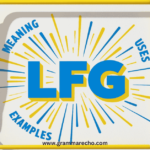Blog
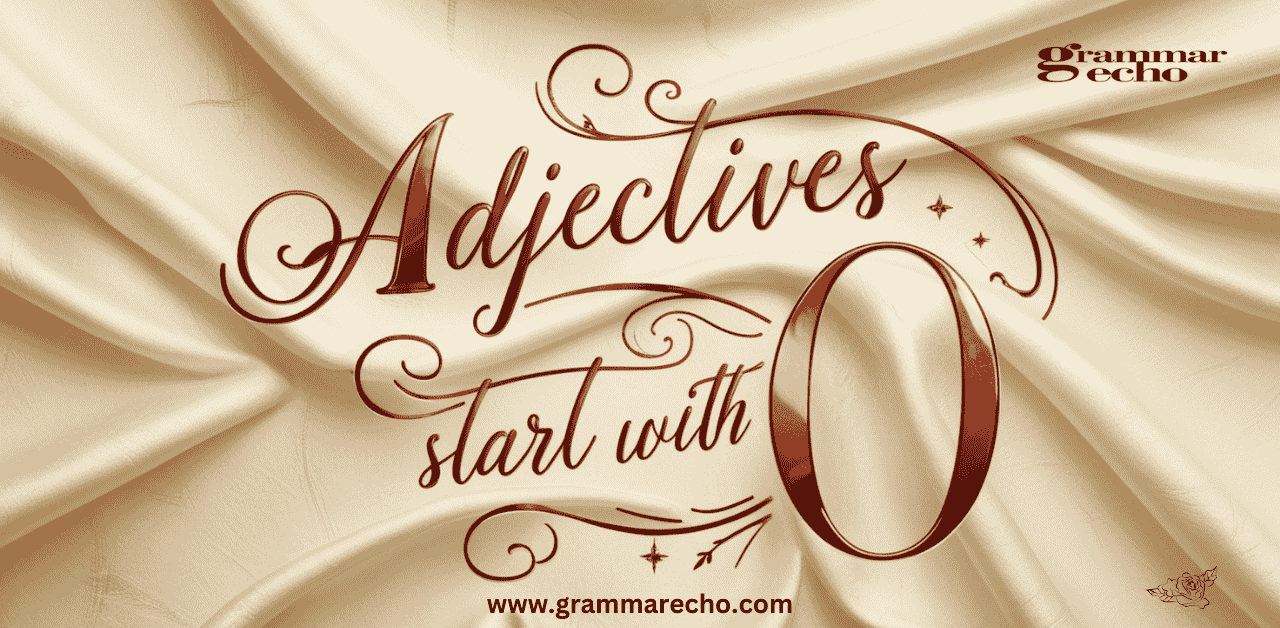
120+ Adjectives that Start with O: Words Start with the Letter O
Adjectives start with O are words that describe people, places, and things. These adjectives help make sentences clearer and more ...

20 Other Ways to Say “I Am Interested In This Position”
“I Am Interested In This Position” is a phrase used to express your enthusiasm for a job. It clearly shows ...
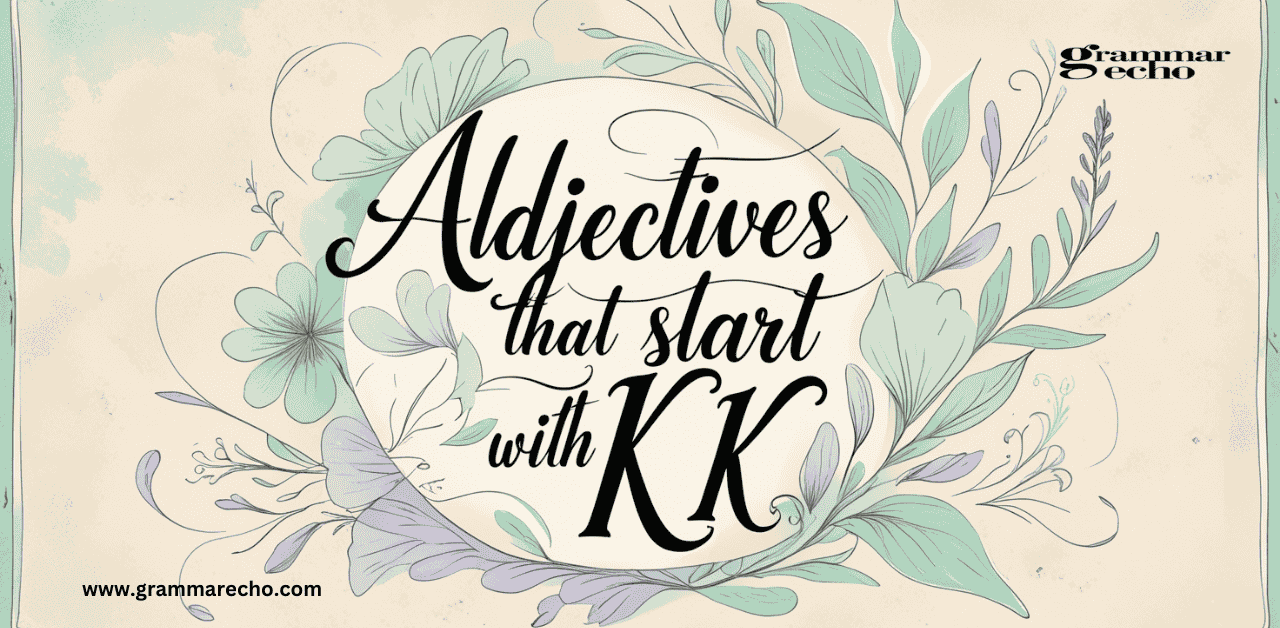
110+ Adjectives that Start with K: Words That Start with the Letter K
Adjectives that start with K can add variety and vividness to your language. They help you describe things in a ...
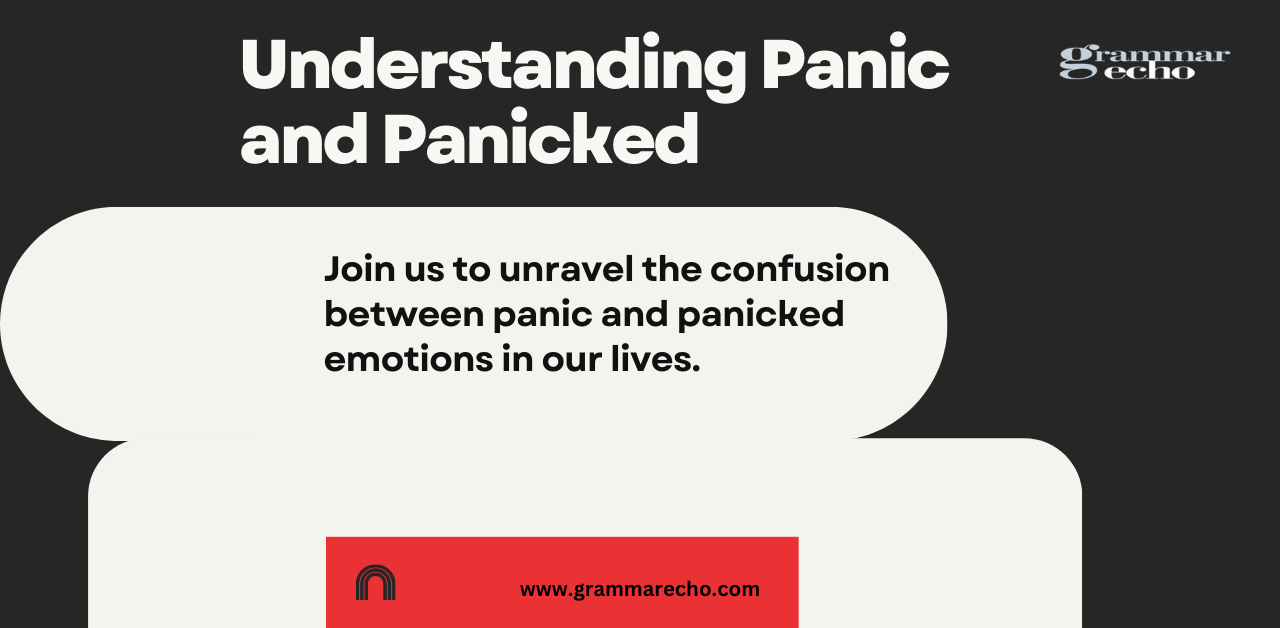
What is the Past Tense of Panic? All You need to know
Panic means feeling very scared suddenly. It happens when something bad or shocking occurs. The past tense of panic is ...
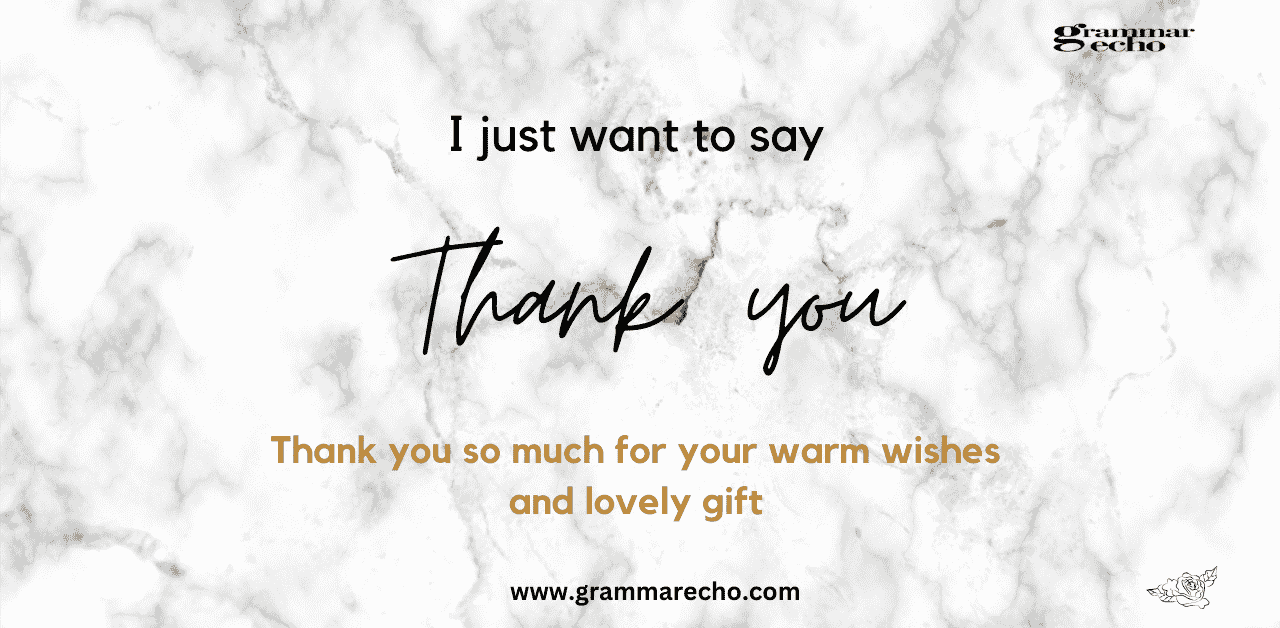
20 Other Ways to Say Thank You for the Warm Welcome
“Thank You for the Warm Welcome” is a phrase used to express gratitude when someone makes you feel comfortable and ...
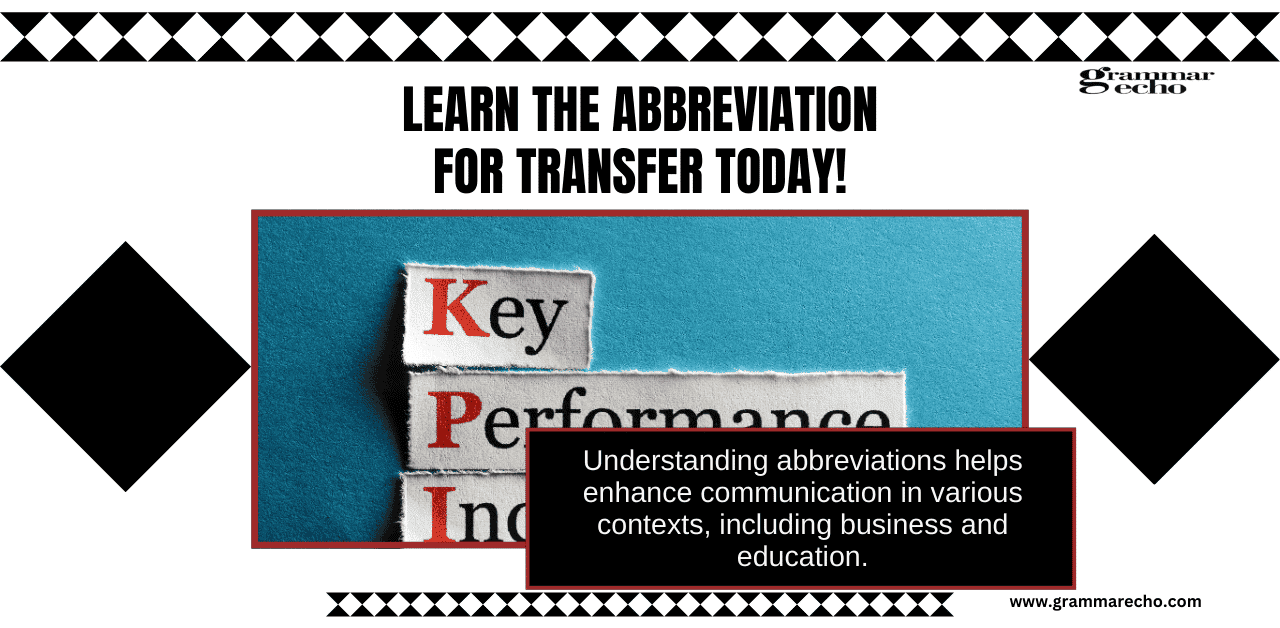
Abbreviation for Transfer? Definition & Examples
The abbreviation for transfer is often written as “TRANSF”. This shortened form represents the word “transfer”. It is used to ...

110+ Adjectives Start with P: Words That Start with the Letter P
Adjectives start with P are words describing nouns and beginning with the letter P. They add detail and description to ...

Abbreviation for Coordinator: Definition & Meaning
The abbreviation for coordinator is “COORD.” It is a shorter way to write the word “coordinator.” This abbreviation is used ...

Foreman Plural? Is it Foremen or Foremans?
Have you ever paused mid-sentence wondering whether to say “foremen” or “foremans”? You’re not alone. The foreman plural trips up ...
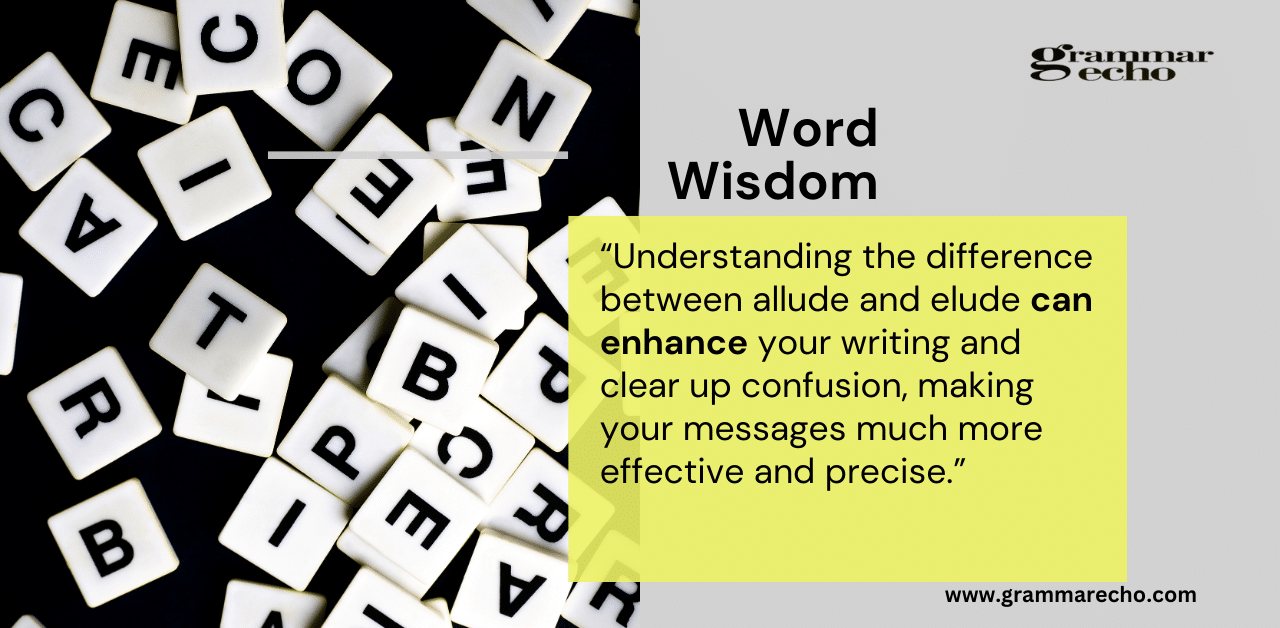
Allude vs Elude: How to Use These Tricky Words (2025)
Many English speakers struggle with allude vs elude due to their similar pronunciation. These homophones have distinct meanings: allude refers ...


